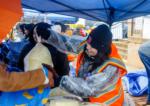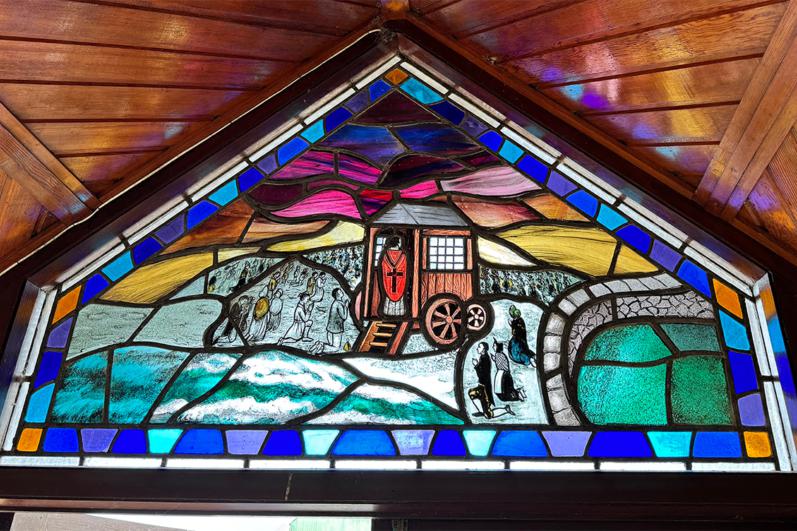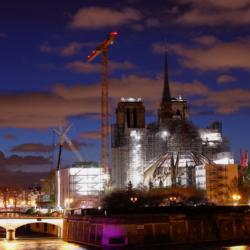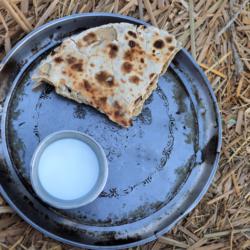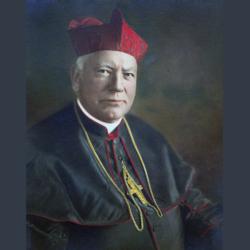The Fight for Our Faith
What would you do if you were told you couldn't attend Mass anymore? Or that your children couldn't attend school unless they took instruction in another religion? What if local governmental authorities came and literally tore down the roof and walls of your church? Then, they confiscated your priest's residence, making him homeless. You'd watch him roam, becoming a beggar of sorts, as he continued to live his vocation, encouraging his flock to stay strong.
But people are hungry, and food is only served by joining a different church, a new religion. Their livelihood and their children's education depend on this new membership as well.
This other church is supported and encouraged by the government. There is safety in belonging.
By now, you may be thinking that I'm describing present day North Korea or Somalia, which number one and two, respectively, on Open Door's World Watch List for 2024. This organization annually ranks the top fifty countries in the world where Christians (and Catholics are about 50 percent of the world's Christians) are persecuted.
According to Open Door US, one in seven Christians worldwide are persecuted for their faith in Jesus Christ. In Africa, it's one in five; in Asia, it's two in five.
So, back to my first questions -- what would you do? I know, these situations and statistics all seem so far away from our everyday life.
Would it strike closer to home if I told you that I was talking about Ireland, in the not-so-distant past?
Less than 150 years ago in western County Clare, all of this and more was reality for Catholics. Although the Emancipation Laws had been passed, they were not put into practice for the people in the small villages of the area. Landlords displaced workers, churches were destroyed, families starved -- and not because the potato crop failed.
The answer of the Catholics in the area to these persecutions? They invented "The Little Ark." Since no Mass was allowed to be celebrated in a home, no church existed, a genius of a pastor had a 11x9x8 foot wooden box constructed. It had a door on the back and windows on two sides. Inside, a low shelf became an altar.
On Sundays, they would wheel "The Ark" down to the sea at low tide, no matter the time. You see, the land revealed was not owned -- it was the proverbial "no-man's land." They could not be evicted. The faithful knelt in the wet sand, hungry for the Eucharist.
Traveling in the missions has shown me the lengths that our world's people will go to be Catholic. Sometimes I think we've forgotten how hard our ancestors had to fight for their faith, too.
- Maureen Crowley Heil is Director of Programs and Development for the Pontifical Mission Societies, Boston.









